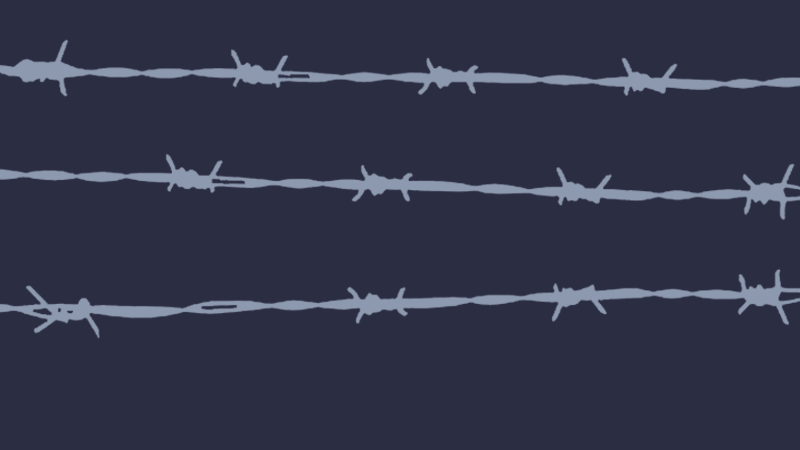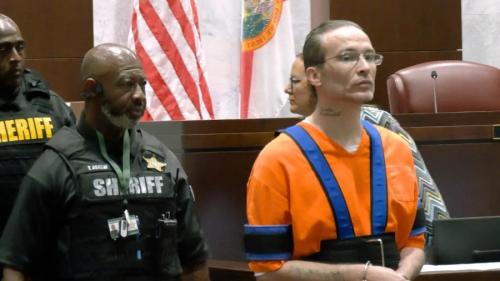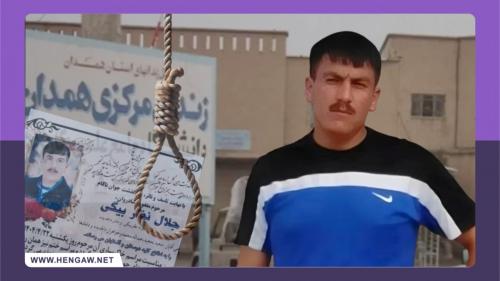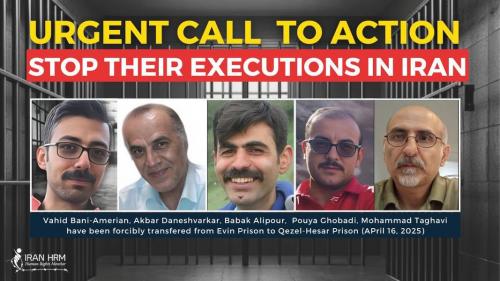14 December 1999 :
On December 14, during a meeting organized by women's organizations in the city of Chennai, Ossie Fernandez of the Campaign Against the Death Penalty explained the rationale of the lobby which was against the extreme punishment, by saying that the campaign was opposed to its award for any crime. The death penalty violated the sacrosanct provisions of Art. 21 - the right to life - and several international human rights declarations. Art. 3 of the Universal Declaration of Human Rights had termed the death penalty the "worst form of state violence." Though the United Nations had called for a global moratorium on the death penalty in April 1999, India had not responded positively towards this appeal, he added.Presenting the other side of the picture, R. Srinivasan, advocate, said rape was not a crime that was spurred by social injustice, poverty or lack of education. Referring to international covenants while rejecting the other economic influences of the West was mere hypocrisy, he said. The death penalty satisfied three of the theories of punishment by serving as a deterrent, retributive and preventive act. Pointing out a technical error with reference to the violation of Art. 21, he said the clause specified that no person's life or liberty would be taken away "without the due procedure of law."
Countering Srinivasan's argument, Sudha Ramalingam of the People's Union for Civil Liberties (PUCL) said the laws in the country were primarily those that were written by the British and questioned why the law should exist in India when Britain had got rid of it. The reason for the emotional outburst calling for death for perpetrators of rape was primarily due to the undue importance paid to chastity as a virtue of women. If rape was looked upon as merely physical assault on women, then it would be considered yet another offense and the punishment due would be commensurate.










